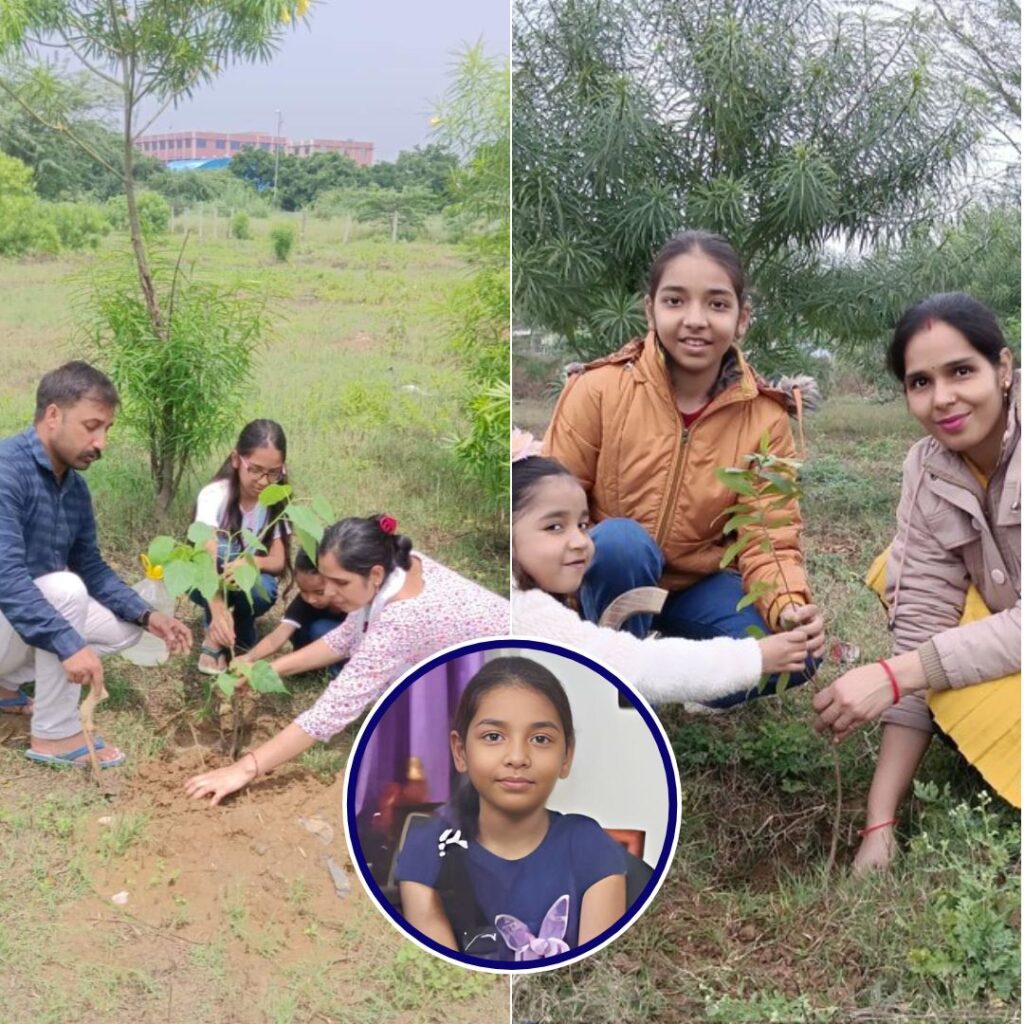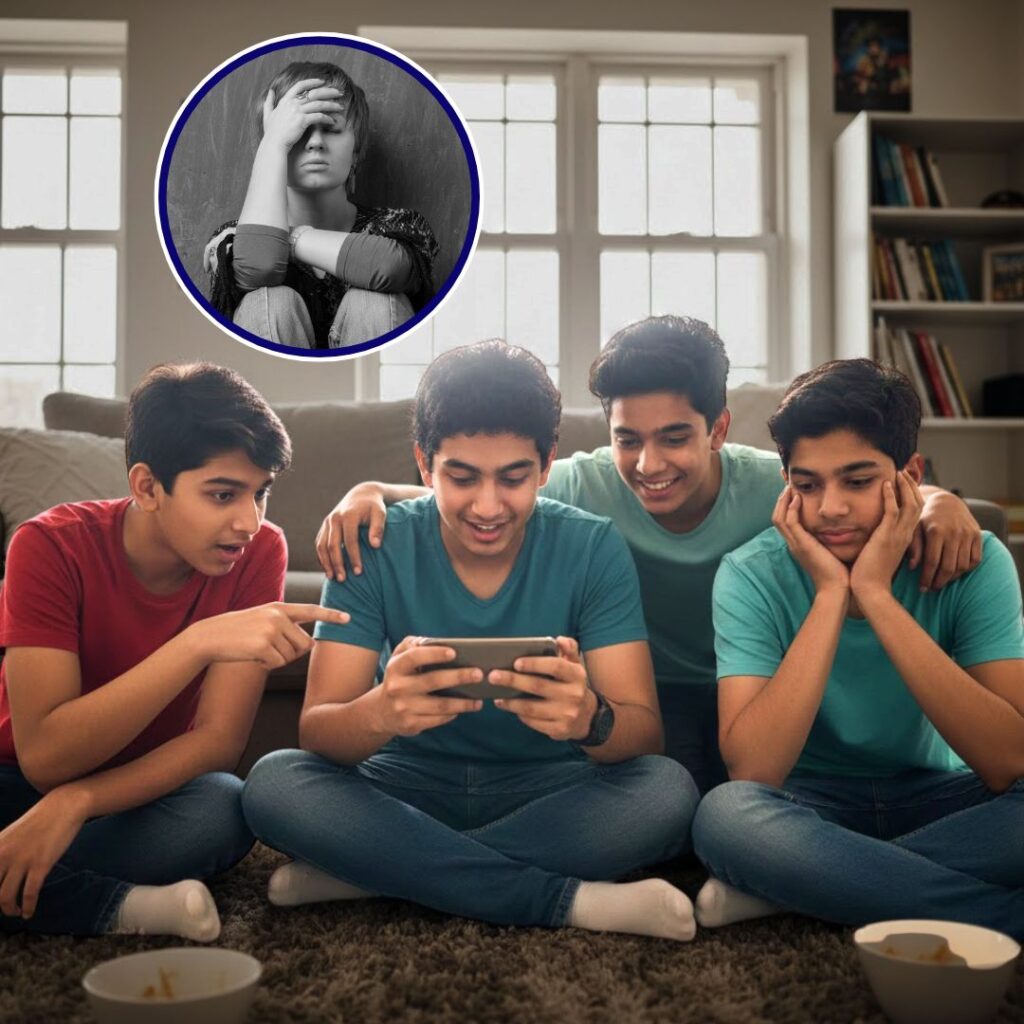The Centre on June 14 deployed 600 additional paramilitary personnel, including 200 women, to Darjeeling to help the administration restore normalcy in the northern hill district of West Bengal. It also sought a detailed report on the prevailing situation from the state government, as reported by The Times of India.
The protest for a separate statehood, Gorkhaland, has been going on in Darjeeling for the past one week. The protesters have pelted stones and bricks at the security forces who resorted to lathi charge in some areas. This is the first time in the last three decades that the Gorkhaland protesters faced retaliation from the state government.
Apart from the paramilitary forces, State Armed Police Force (STRACO), Counter Insurgency Forces (CIF, especially raised to battle Maoists), seven companies of Central Armed Police Forces (CRPF) and six columns of the army have also been stationed in the district to maintain law and order.
From Monday, the Gorkha Janamukti Morcha (GJM), which rules the Gorkhaland Territorial Administration (GTA), have been on an indefinite strike.
The GTA is a semi-autonomous administrative body for the Darjeeling and Kalimpong hills in West Bengal. After three years of agitation for Gorkhaland, the GJM reached an agreement with the state government to form the body in 2012.
What triggered the protests?
On May 16, West Bengal Chief Minister Mamata Banerjee announced to make Bengali language compulsory in all schools from Class I to Class IX, including private English-medium schools, of the state.
“If the student chooses Bengali, Hindi, English, Urdu , Gurmukhi, Nepali, Alchiki as a first language, he/she may opt for two other languages of their choice. One of the three languages would have to be Bengali. The two other choices are completely dependent on what the student chooses. This method would enable them to reach regional, national and international standards,” she wrote in her Facebook post.
(function(d, s, id) { var js, fjs = d.getElementsByTagName(s)[0]; if (d.getElementById(id)) return; js = d.createElement(s); js.id = id; js.src = ‘//web.archive.org/web/20201029235801/https://connect.facebook.net/en_US/sdk.js#xfbml=1&version=v2.3’; fjs.parentNode.insertBefore(js, fjs);}(document, ‘script’, ‘facebook-jssdk’));
Bengal respects all languages and languages of all States. Our three language formula shows how we really do…India…
Posted by Mamata Banerjee on Tuesday, May 16, 2017
Even though most schools in the state had provisions for teaching language, Bengali as one of the three languages was not mandatory.
The government’s move had far-reaching political and social implications than Ms Banerjee could comprehend.
As people of the proposed state of Gorkhaland in the Darjeeling hills officially speak Nepali, the state government’s decision was met with massive hostility.
A timeline of the protests
The GJM – a political party that campaigns for the creation of the separate state of Gorkhaland, comprising northern regions of West Bengal, including Darjeeling and territories of Dooars – raised opposition to the government’s decision to make Bengali compulsory and called for a protest on June 8.
Protesters took to the streets, leading to clashes with security forces.
As reported by The Hindu, on June 9, a 12-hour bandh was called upon by the GJM. It started at six in the morning against the what they claimed to be “indiscriminate police action against peaceful demonstration. CM Banerjee termed the bandh as “illegal” and said that strict action will be taken against the partakers.
On June 12, the GJM called for an indefinite strike for a separate Gorkhaland. As reported by Hindustan Times, the office of the sub-assistant engineer of the state public works department (PWD) at Lebong Cart Road and the panchayat officer’s chamber in Bijanbari village near the hills were set on fire by the GJM. Section 144 (empowers a magistrate to prohibit an assembly of more than four people in an area) was imposed in some areas.
Schools, colleges, transport, hotels and shops were exempted from the purview of the shutdown. Banks would remain open twice a week. CM Banerjee responded to the strike by ordering all government office employee to report for duty and any absence would result in salary deduction.
On Tuesday, June 13, the protesters pelted stones at police forces as they were stopped from enforcing their shutdown in government offices. The police set up barricades and pickets in front of the offices and the GTA. Rapid Action Force (RAF), including a sizeable number of women officers.
The crisis on Tuesday further deepened after several parties, including the GJM, the Gorkha National Liberation Front (GNLF), Gorkhaland Rajya Nirman Morcha, Bharatiya Gorkha Parisangh (apolitical), Communist Party of Revolutionary Marxists pushed for Gorkhaland and unanimously adopted a resolution in favour of it.
The leaders of two other parties from the hills, the All India Gorkha League (AI…












